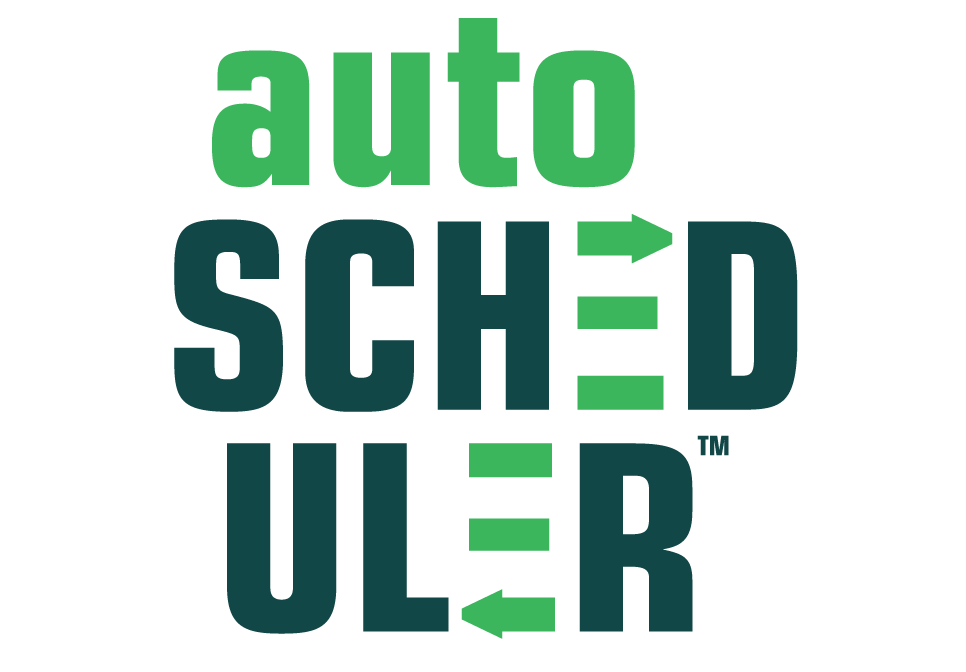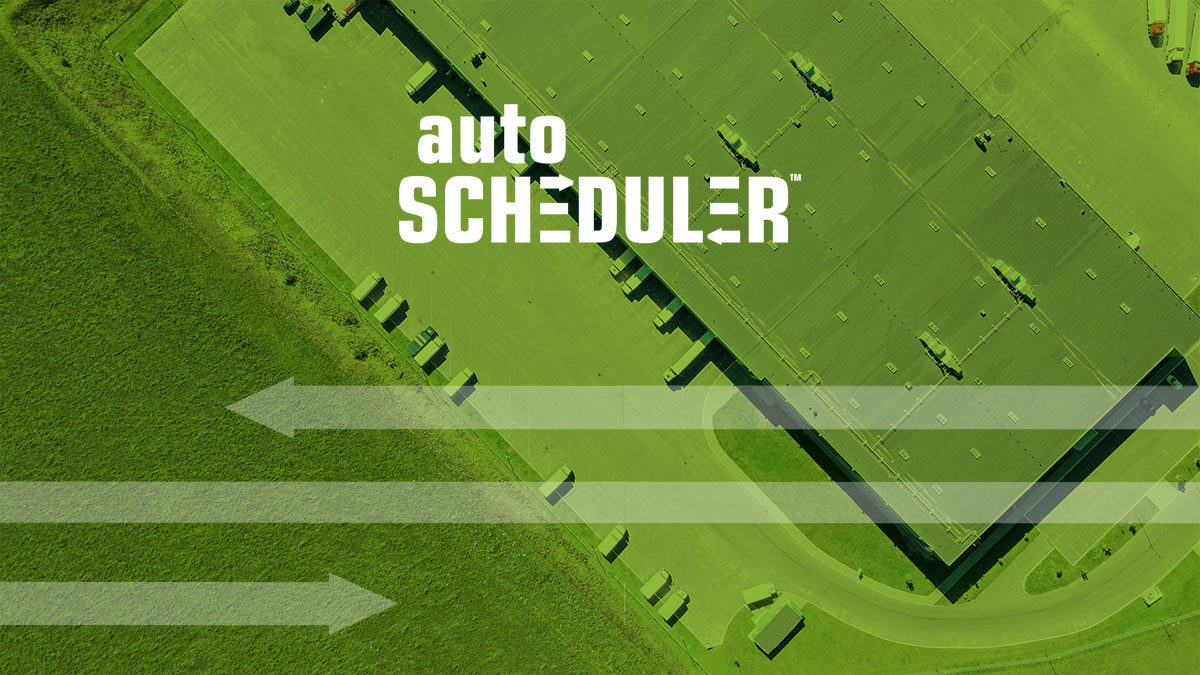What Does Warehouse Visibility Mean to You and your business?
Since the beginning of the pandemic, the emphasis on supply chains meeting their demand requirements has grown. Understanding the constraints in your supply chain requires you to measure all aspects of the system. When looking into how to meet business demand more effectively, the term “supply chain visibility” has become very popular. Supply chain visibility traditionally means having access to network-wide information on all shipments. Lately, however, it also means knowing about inbound shipments at specific sites, inventory levels, and order infromation, considering the warehouse is often the bottlekneck in many supply chain processes.
Because of this constraint, significantly more focus over 2020 and 2021 has shifted to “warehouse visibility”. Unfortunately, there are still very few vendor offerings on the market. A solution such as the Longbow Advantage Rebus platform helps provide all the visibility needed inside the four walls as well as to shippers in real-time. This will help get shipments out faster, ship the correct products at the right time, avoid fees, and monitor as well as set alerts for warehouse space. It is now becoming much more common to implement warehouse visibility technology considering the warehouse is the central to supply chain operations.
How can AutoScheduler help?
Visibility needs to drive action and better decision making. That’s where tools like AutoScheduler come into play. AutoScheduler sits on top of existing WMS or visibility platforms to accelerate productivity. Our solution is meant to accelerate the existing WMS capabilities by using Intelligent Warehouse Orchestration. Using capacity-constrained schedules, AutoScheduler will help solve problems such as: poor OTIF, dock schedule conflicts, inventory shortages, inefficient workforce allocation, and the struggle to meet carrier appointment times.
In short, now that visibility is needed more than ever and supply chains are disproportionately strained, AutoScheduler is helping to turn data into value by predicting and prescribing schedules in a capacity-constrained way to increase site capacity and drive much more efficient operations.

